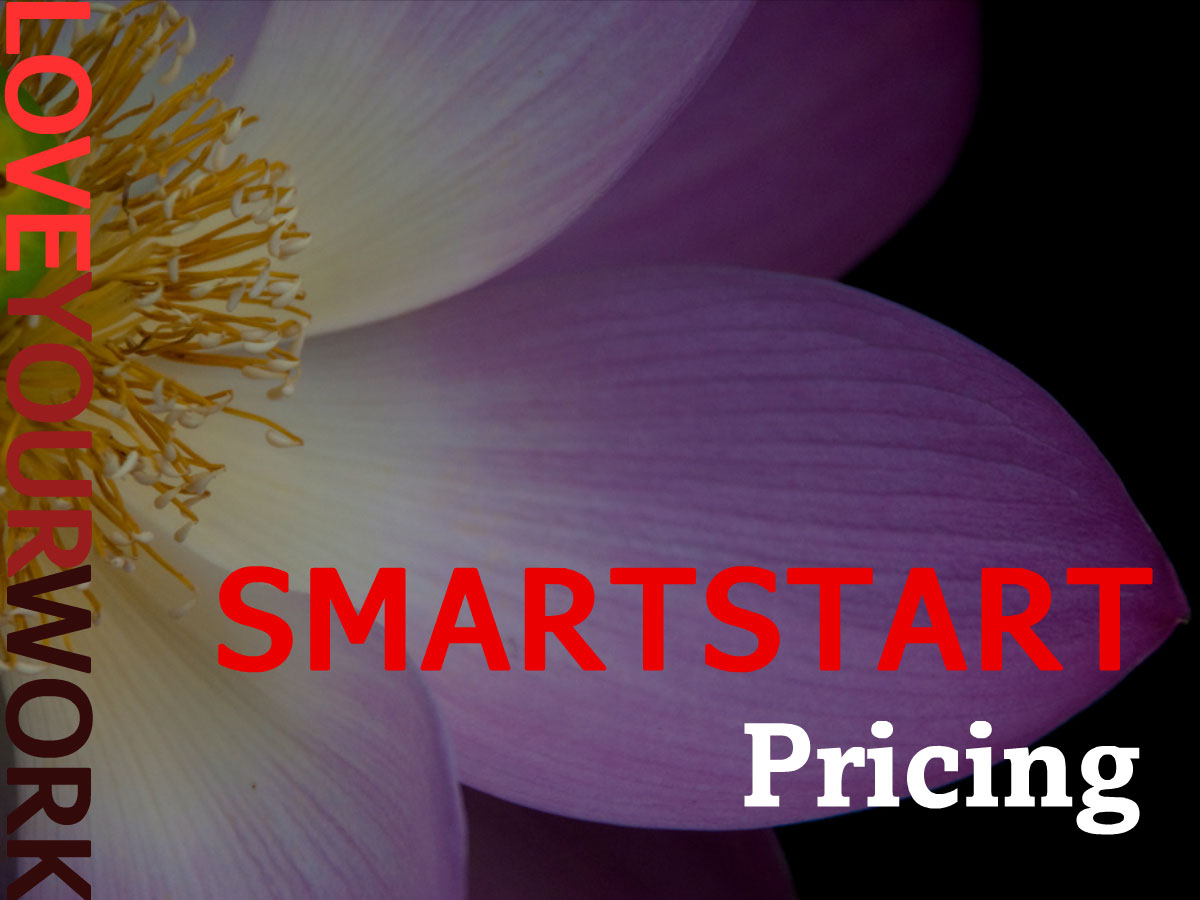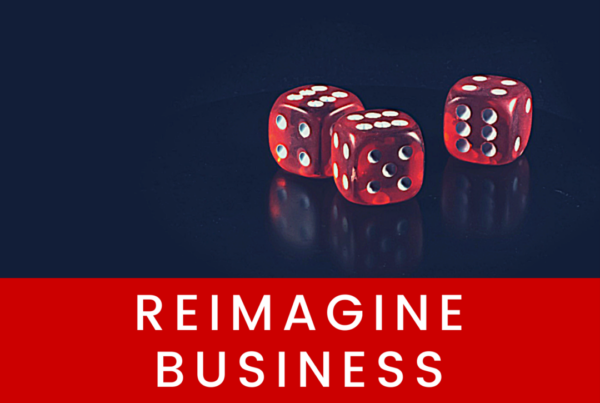
Pricing is not a “one-size-fits-all” exercise.
There are 15 different factors that contribute to your right price and, when you don’t consider each of them before deciding what to charge for what you do or sell, the odds are greater you will undercharge your clients and customers. This is a disservice to yourself and also to them.
What you charge for what you do is, in fact, unique to you. This is especially true if you are selling personally delivered professional services but also applies to branded products and services.
Many years ago, when doing the annual review of my own pricing (something I encourage all of you to do too), I created a framework for “price” setting that takes all 15 factors into account.
Pricing formula
SMARTSTART Pricing Formula: $ charged = P + R + I + C + E where
P reflects your planning, productivity and performance level (e.g., novice vs expert).
R reflects your (public) recognition, (business) relationship, and (industry) reputation.
I reflects your influence, intelligence and impact with respect to results.
C reflects your capability, competency and consistency of product/service delivery.
E reflects your efficiency, effectiveness and excellence of execution with respect to the finished product and throughout the sales and post-sales support process.
Try using the framework yourself as a measure of how your own pricing stacks up to what you really bring to the table.
Customizing the framework
By the way, you can customize this framework ever further by weighting each of the contributing factors differently to reflect specific client situations. For example, if each category contributes equally to the buyer’s total satisfaction and benefit from what you sell, the contribution would be 20% per category.
You could, however, have situations where one or more of these categories has a greater impact on delivering results or is more highly valued by your client/customer. In such cases, you might assign a different weighted value to reflect that reality and charge accordingly. In fact, this is quite common in practice. I’m sure you’re familiar with seeing equivalent services such as speaking or coaching offered at widely varying price points.
Before pricing whatever you sell, think carefully about what your target market values. And then think about how you would reflect and rate your unique contribution in each of these areas. That way you’ll be more assured of charging the right price for what you deliver and more likely to ask for what you deserve with greater confidence.
Remember, good stuff created by great people is the ultimate scarcity. And the market for it is basically infinite.



